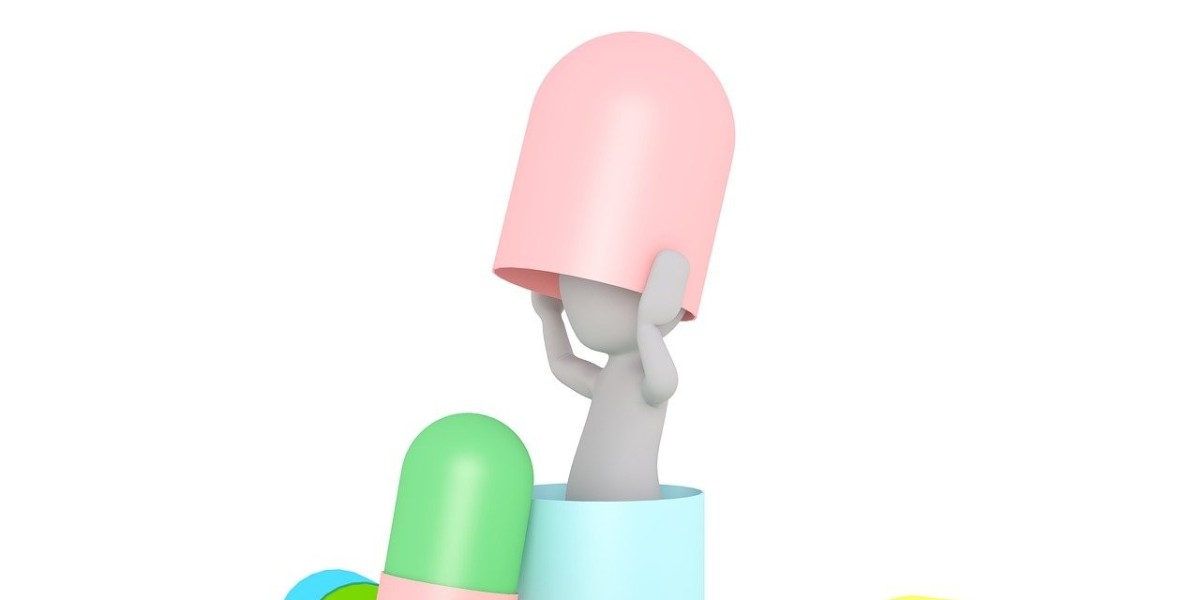When facing significant mental health challenges, understanding the different levels of care available can be crucial for selecting the most effective path to recovery. In Nashville,treatment centers for mental health options provide intensive support, but they serve distinct needs and offer different environments.
Inpatient Mental Health Treatment:
Definition: Inpatient treatment, typically provided in a hospital setting (like a psychiatric unit within a general hospital or a dedicated psychiatric hospital such as Vanderbilt Psychiatric Hospital), is the highest level of psychiatric care.
Purpose: It's designed for individuals experiencing acute mental health crises where there is an immediate risk of harm to self or others, severe psychosis, or a need for rapid stabilization and medical monitoring.
Environment: Highly structured, often locked units with 24/7 medical supervision by psychiatrists, nurses, and other medical staff. The focus is on crisis stabilization, medication management, and safety.
Duration: Typically short-term, lasting days to a few weeks, aimed at stabilizing the crisis so the individual can transition to a lower level of care.
Typical Day: Consists of structured group therapy, individual sessions, medication management, and medical monitoring.
Residential Mental Health Treatment:
Definition: Residential treatment is a live-in program typically offered in a more home-like, non-hospital setting (like The Ranch TN or Integrative Life Center's residential programs). It provides a therapeutic environment with 24/7 supervision.
Purpose: It's for individuals who need intensive, structured support and a break from their daily environment, but do not require acute medical stabilization. This level of care is often for chronic conditions, complex trauma, or when outpatient options have been insufficient.
Environment: Less medically intensive than inpatient, focusing more on a therapeutic community. While structured, there's more emphasis on daily living skills, holistic therapies, and creating a sense of routine.
Duration: Generally longer-term, ranging from several weeks to a few months, allowing for deeper therapeutic work and skill building.
Typical Day: A structured schedule including individual therapy, various group therapies (CBT, DBT, process groups), psychoeducation, experiential therapies (art, music, equine), and opportunities for recreational activities and community living.
Choosing the Right Option in Nashville:
The decision between inpatient and residential care depends on the severity of symptoms, safety concerns, and the individual's overall needs. A comprehensive assessment by a mental health professional is crucial to determine the most appropriate level of care. Both options in Nashville are vital parts of the continuum of care, providing critical support for individuals on their journey to mental wellness.



